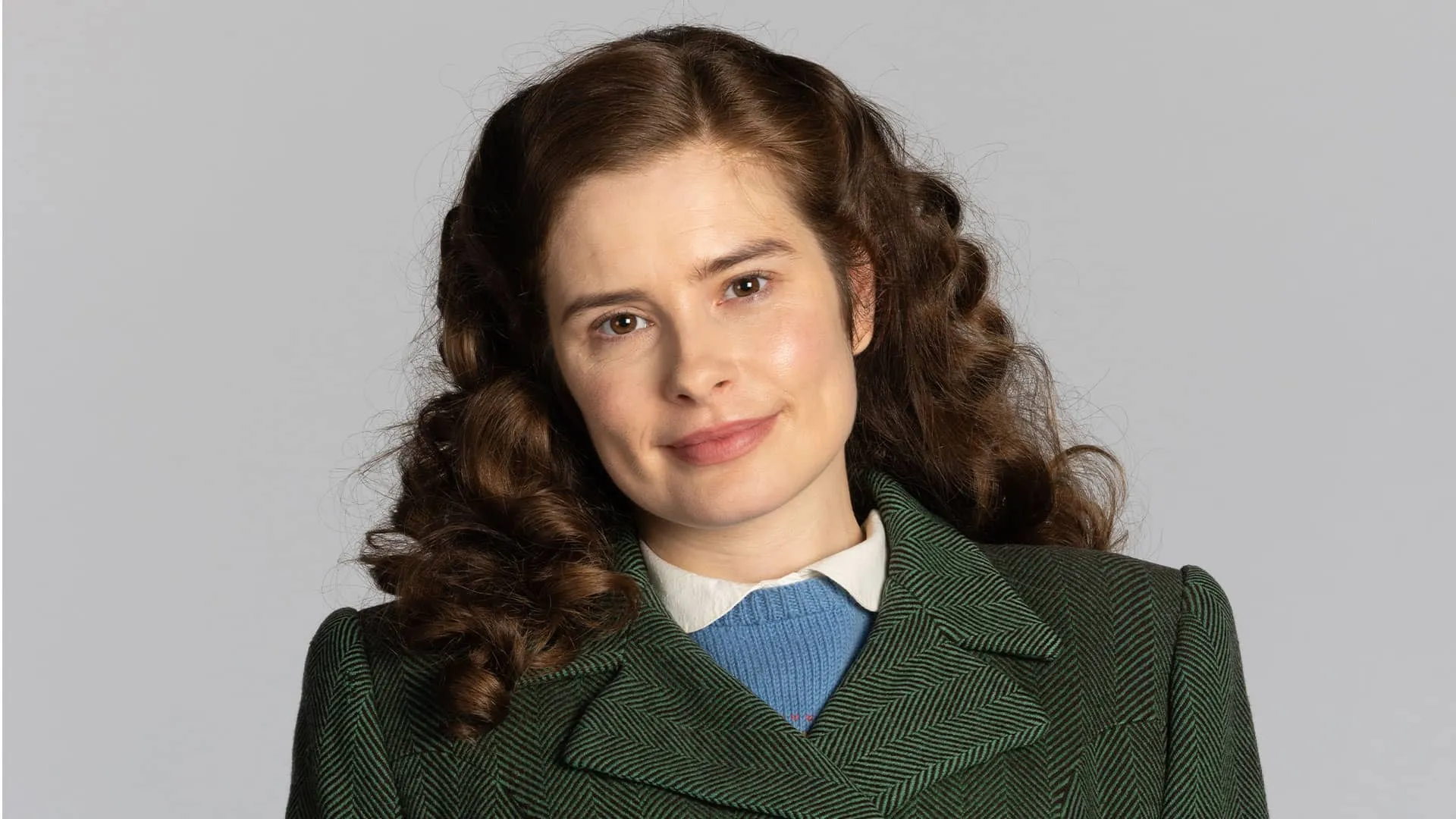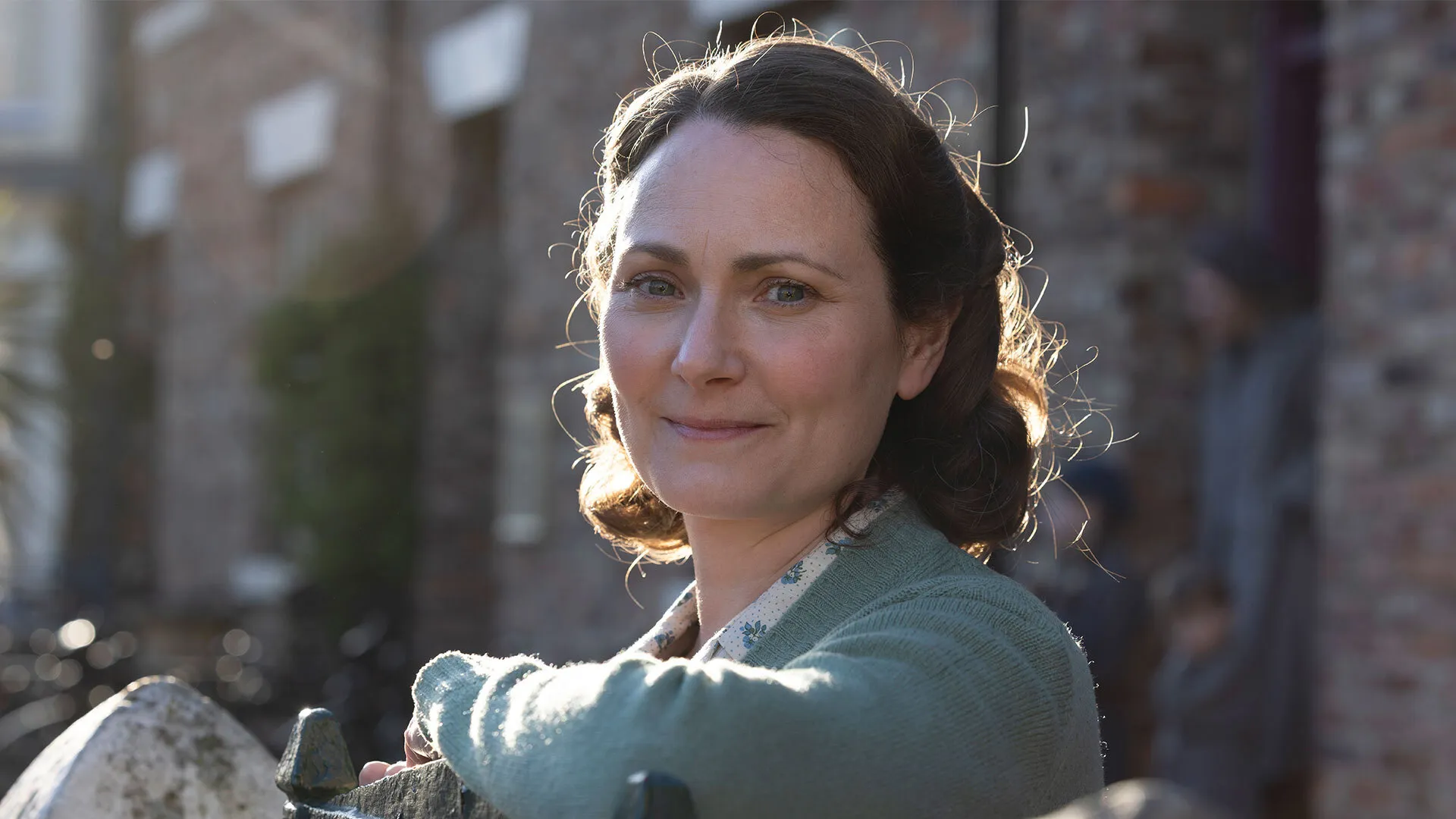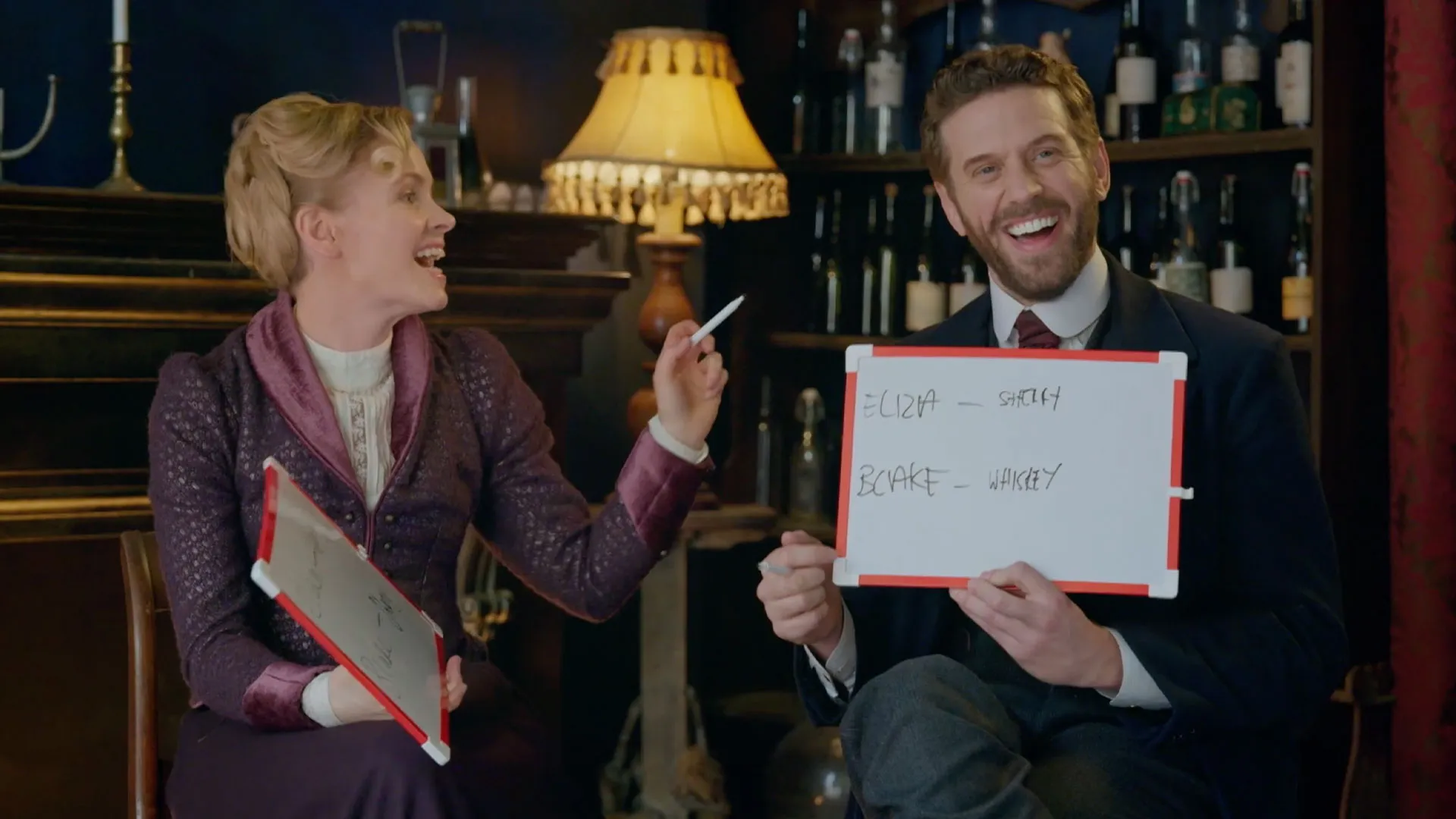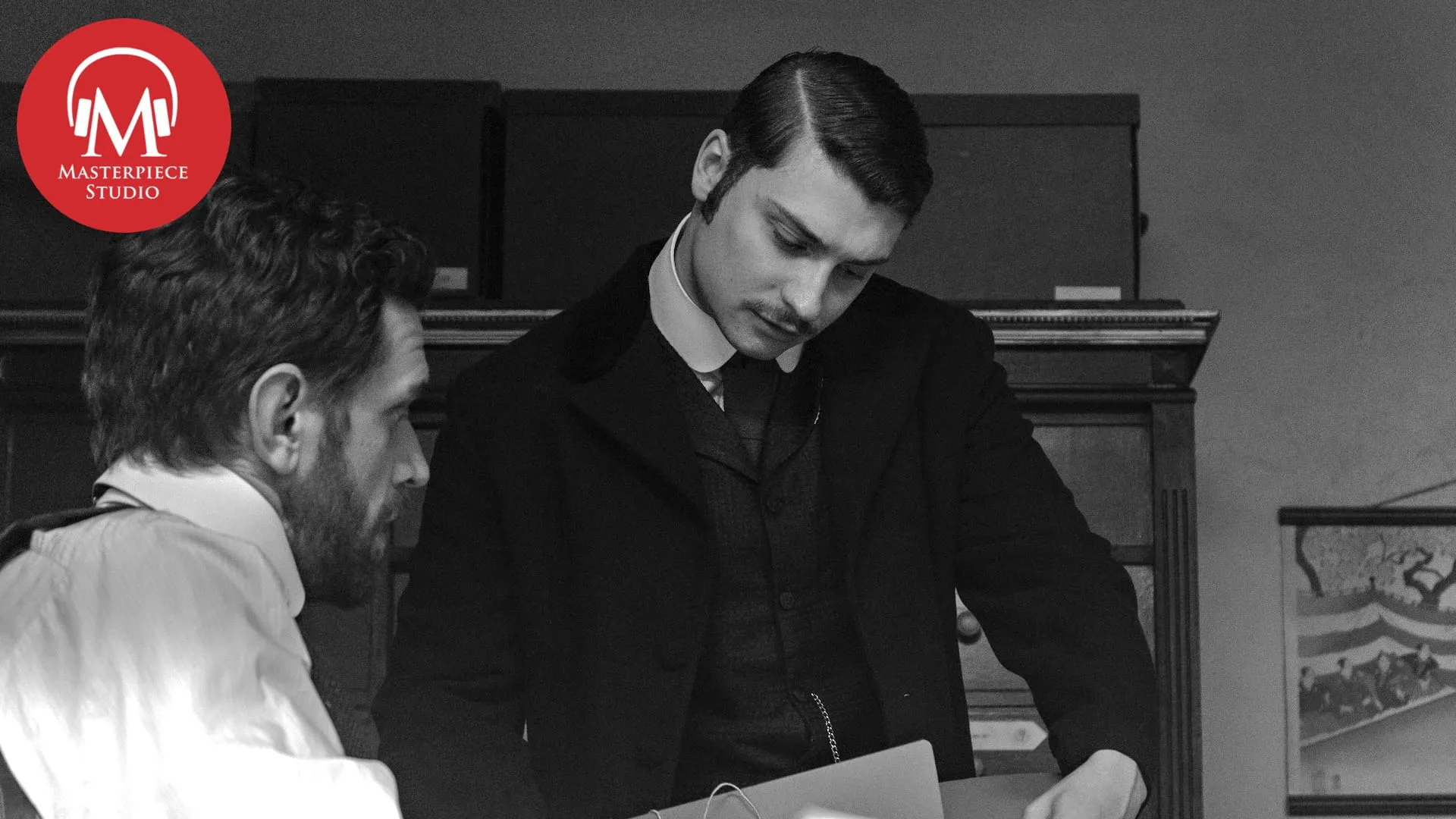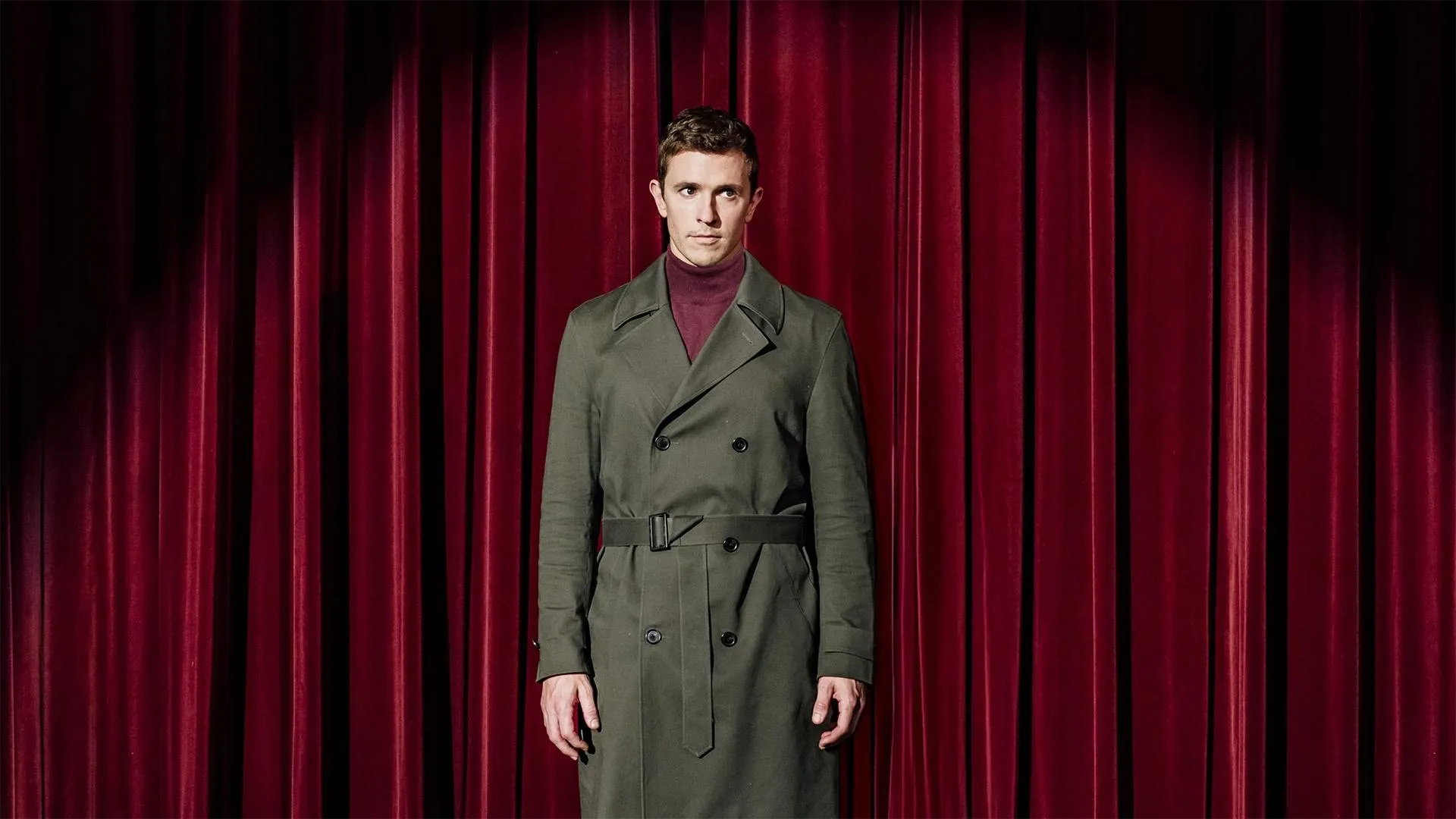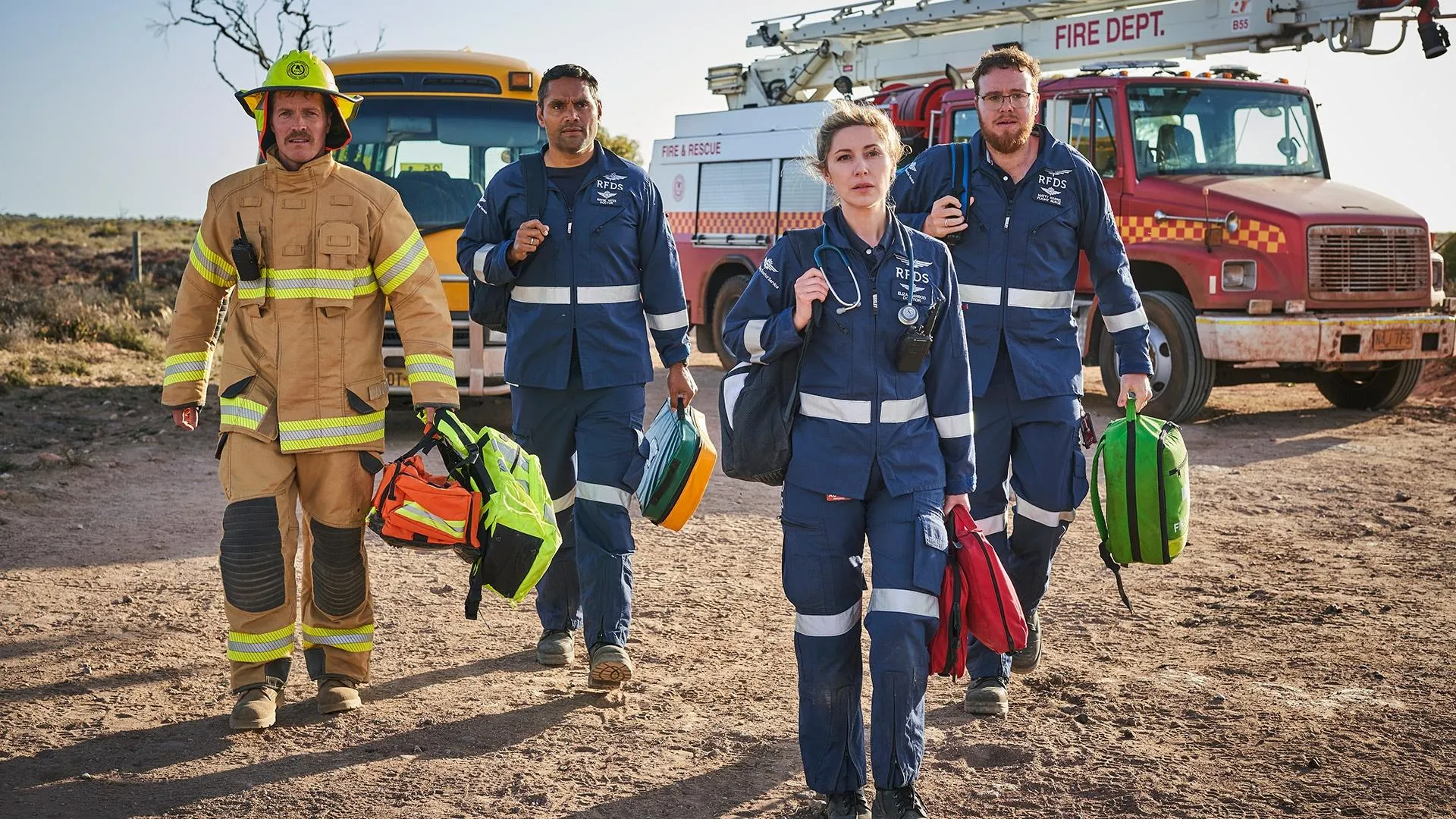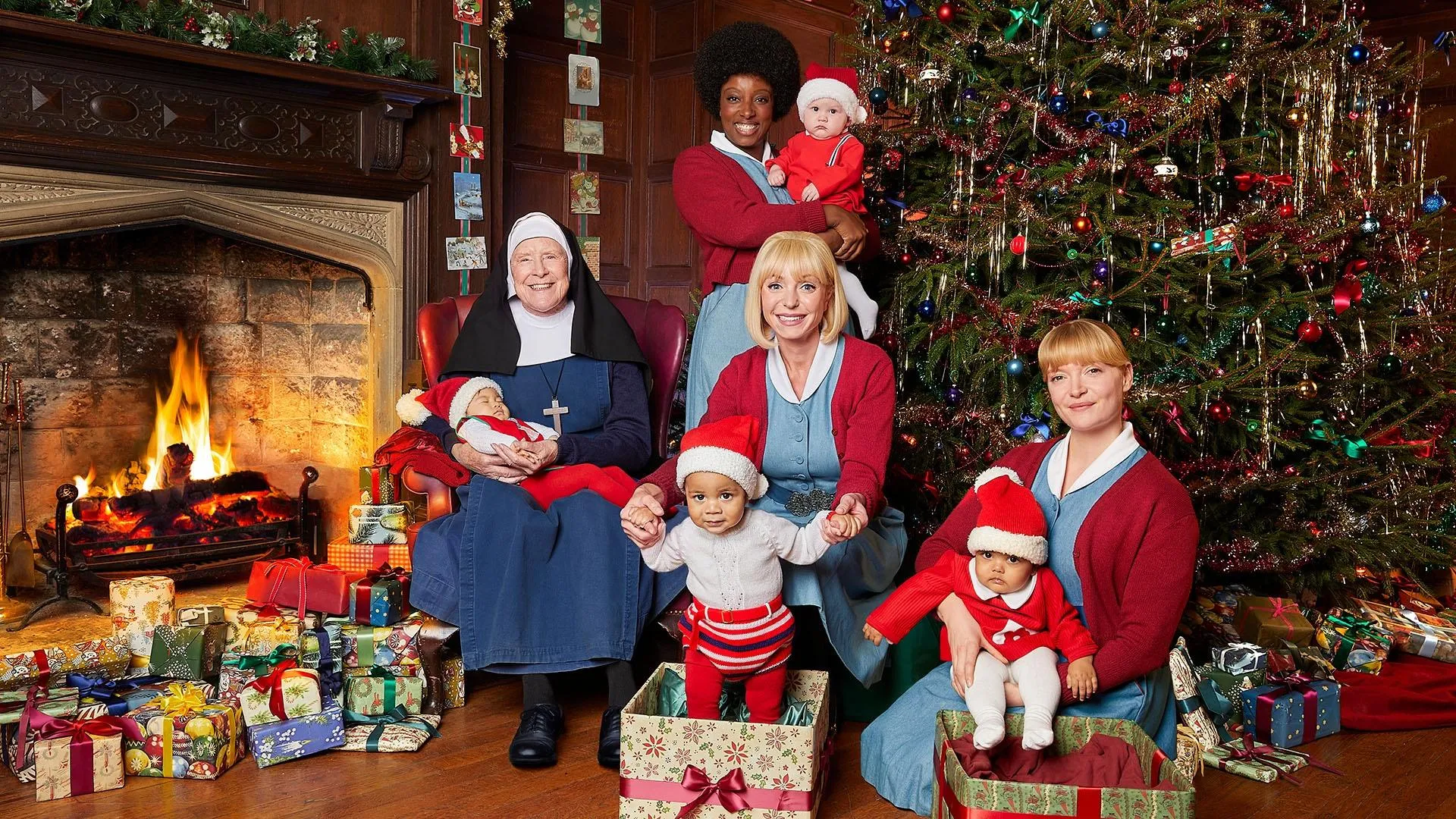Explore Masterpiece
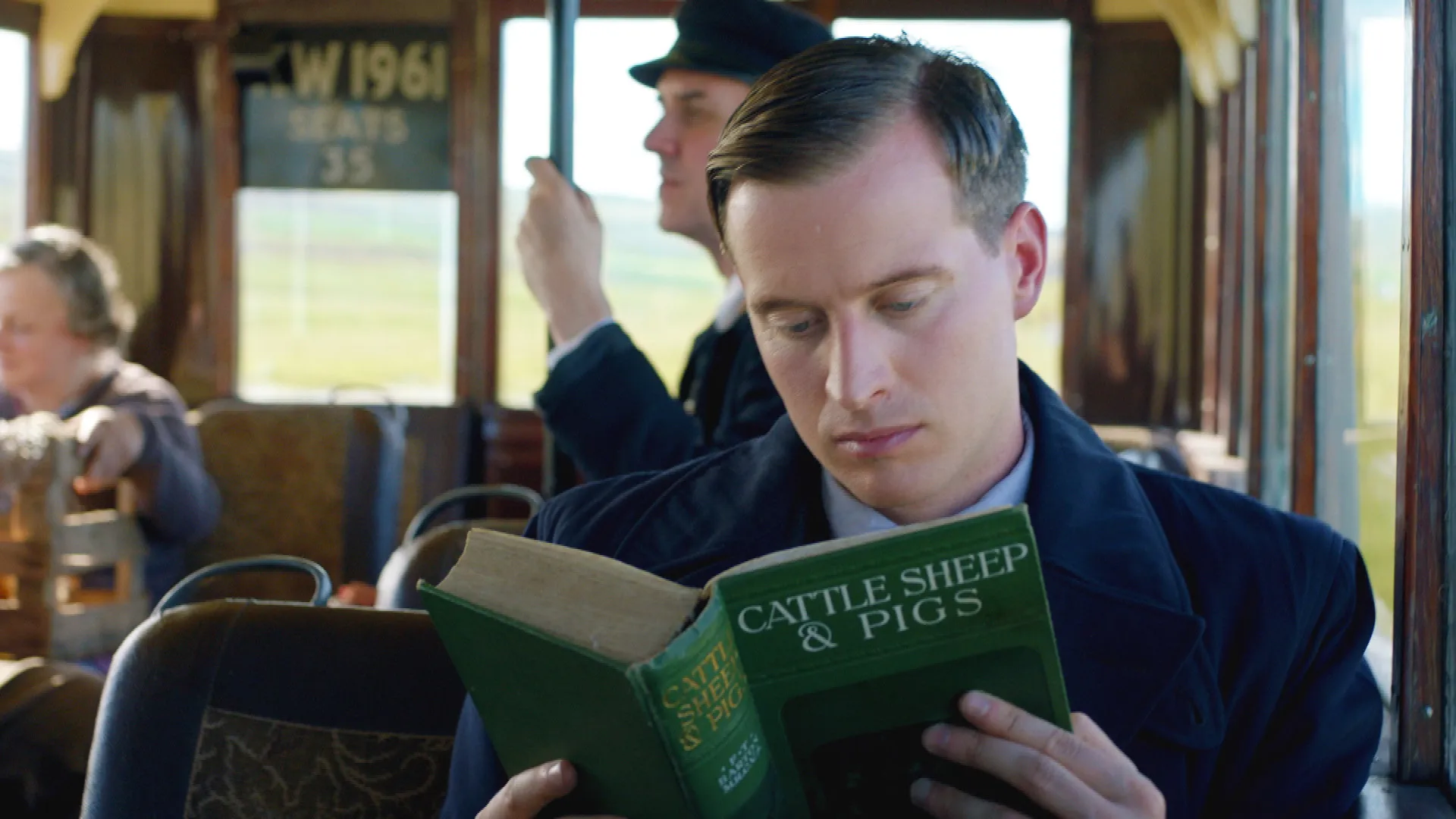
special feature
10 Acclaimed Books Set in Yorkshire
MASTERPIECE Newsletter
Sign up to get the latest news on your favorite dramas and mysteries, as well as exclusive content, video, sweepstakes and more.
Enter Your Email Address
Popular Shows
Support Provided ByLearn More
